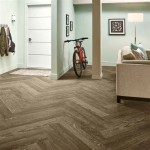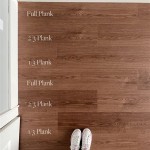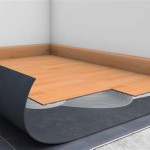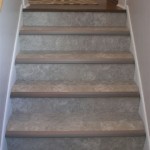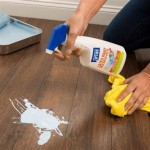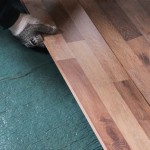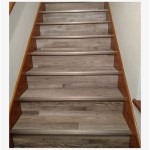Understanding Red Oak Flooring: A Comprehensive Guide
Red oak flooring, renowned for its exceptional beauty and durability, has become a popular choice for homeowners and interior designers alike. Understanding its unique characteristics and maintenance requirements is crucial for ensuring a long-lasting and aesthetically pleasing floor.
Properties and Benefits of Red Oak Flooring
Red oak is a hardwood known for its reddish-brown color, marked by prominent grain patterns that add character and warmth to any space. Its high density and hardness make it exceptionally durable, able to withstand heavy foot traffic and daily wear and tear.
Red oak flooring is also prized for its resistance to dents and scratches, making it ideal for high-activity areas such as living rooms, kitchens, and hallways. Additionally, its natural tannins act as a protective barrier, providing some resistance to moisture and water damage.
Choosing the Right Grade and Finish
Red oak flooring is available in various grades, including Select, Common, and Rustic. Select grades offer a more uniform appearance with fewer knots and imperfections, while Common and Rustic grades feature more pronounced grain patterns and imperfections, adding a rustic charm to the floor.
The finish of red oak flooring can also significantly impact its look and feel. Unfinished flooring allows for customization and staining options, while pre-finished flooring offers convenience and is ready to install. Common finishes include matte, satin, and gloss, each with its own aesthetic appeal and durability characteristics.
Installation and Maintenance
Professional installation is highly recommended for red oak flooring to ensure proper subfloor preparation and optimal stability. The flooring planks are typically tongue-and-groove for easy installation and should be acclimated to the environment before laying to minimize expansion or contraction.
Maintaining red oak flooring is relatively straightforward. Regular sweeping or vacuuming is essential to remove dirt and debris. Spills and spills should be cleaned promptly to prevent staining. Periodic deep cleaning with a hardwood floor cleaner is also recommended.
Durability and Longevity
Red oak flooring is known for its excellent durability and can last for decades with proper care. Its hardness and resistance to wear and tear make it a wise investment for high-traffic areas or homes with pets. The protective layer provided by its natural tannins further enhances its longevity.
To extend the lifespan of red oak flooring, avoid excessive moisture and direct sunlight, as these factors can lead to warping or fading. Use furniture protectors to prevent dents and scratches, and re-coat the finish every few years to maintain its protective properties.
Aesthetic Versatility
Red oak flooring offers versatility in design styles, complementing both traditional and contemporary interiors. Its reddish-brown hue adds warmth and richness to classic settings while seamlessly blending into modern spaces. The pronounced grain patterns create a visually captivating effect that can elevate any room.
Whether you're seeking a timeless classic or a stylish update, red oak flooring offers endless design possibilities, allowing you to create a truly personalized and inviting space.

What S The Difference Between Red Oak Flooring And White Hardwood Distributors Association

Red Oak Vs White Flooring Explained Twenty

Red Oak Vs White Flooring Your Ultimate Floors Guide Reallyfloors America S Est Hardwood

Wide Plank Red Oak Hardwood Flooring Vermont

2 1 4 X 3 Prefinished Red Oak Hardwood Flooring

Differences Between Red White Oak Seer Flooring

Builder S Pride 3 4 In Red Oak Solid Hardwood Flooring 25 Wide Ll

Engineered Red Oak Suede Maine Traditions Hardwood Flooring

Bruce American Originals Natural Red Oak 3 4 In T X 1 W Varying L Solid Hardwood Flooring 22 Sqft Case Shd3210 The Home

Comparing Red Oak Vs Maple Hardwood Floors Carlisle Wide Plank
See Also
